Problems with KDE Plasma 6 on Debian Trixie
I’m a big Debian fan and I’m currently running Debian 13, aka, “Trixie” on my main laptop workstation. Currently Trixie is Debian’s “testing” branch. Despite being a test version, Trixie has generally proven very stable and reliable. And we users get all the new stuff very promptly. I’m also rather keen on the KDE desktop, despite some of its irritating teething problems whenever a new version is released. That was until KDE Plasma 6 came along.
Editor’s note, 2025-07-25: Debian Bookworm (v12) users running KDE Plasma desktop will likely encounter this issue when upgrading to Debian Trixie (v13). The upgrade automatically upgrades Plasma 5 to Plasma 6. In all the KDE-based Bookworm -> Trixie upgrades we have undertaken thus far, the following fix works perfectly. We would be very interested to learn if works for you?
Problems
Unfortunately, with a “testing” version of an operating system, things can sometimes go wrong. As just happened when Debian pushed KDE Plasma 5 to Plasma 6 upgrade on its “testing” branch users. In my case, it occurred during a normal routine upgrade. As a consequence, three seemingly nasty problems arose that made KDE Plasma 6 almost unusable. for a few hours, while I figured out a fix..
- Application launcher (aka “start menu”) is completely empty. No applications in any app launcher. Didn’t matter which application launcher ‘alternative’ I tried. Also I note that “Edit Applications” does nothing.
- Open applications do not appear on task bar.
- Cannot take screen capture with spectacle, following error returned:-
An error occurred while taking a screenshot. KWin screenshot request failed: The process is not authorized to take a screenshot Potentially relevant information: Method: CaptureScreen Method specific arguments: “eDP-1”
Solution
Fortunately, seems all three issues are related to the same root cause. I solved all three issues by simply reinstalling xdg-desktop-portal-kde then restarting the desktop session.
sudo apt install --reinstall xdg-desktop-portal-kde
I have to admit that xdg-desktop-portal is something of a dark-art as far as I am concerned. One does not normally fix GNU/Linux problems by reinstalling stuff. Nevertheless, this quick and dirty bodge made my computer usable again. In fact, Plasma 6 on Debian 13 seems remarkably smooth and pleasant now.
I hope this helps someone. 🙂
More about KDE Plasma 6 and Debian “testing” branch
- More about KDE Plasma 6 desktop environment
https://kde.org/announcements/megarelease/6/ - Debian testing branch
https://www.debian.org/devel/testing
https://wiki.debian.org/DebianTesting
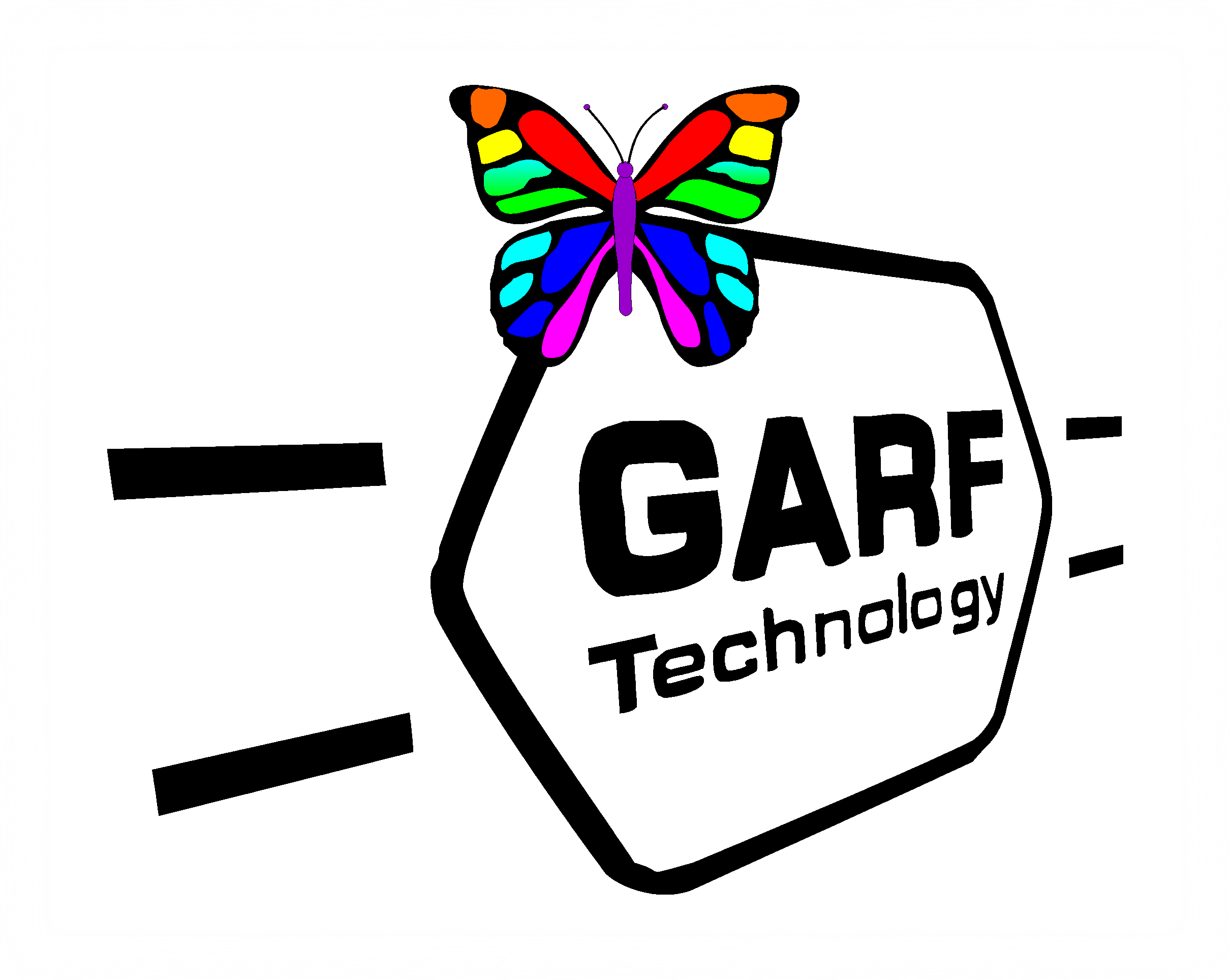
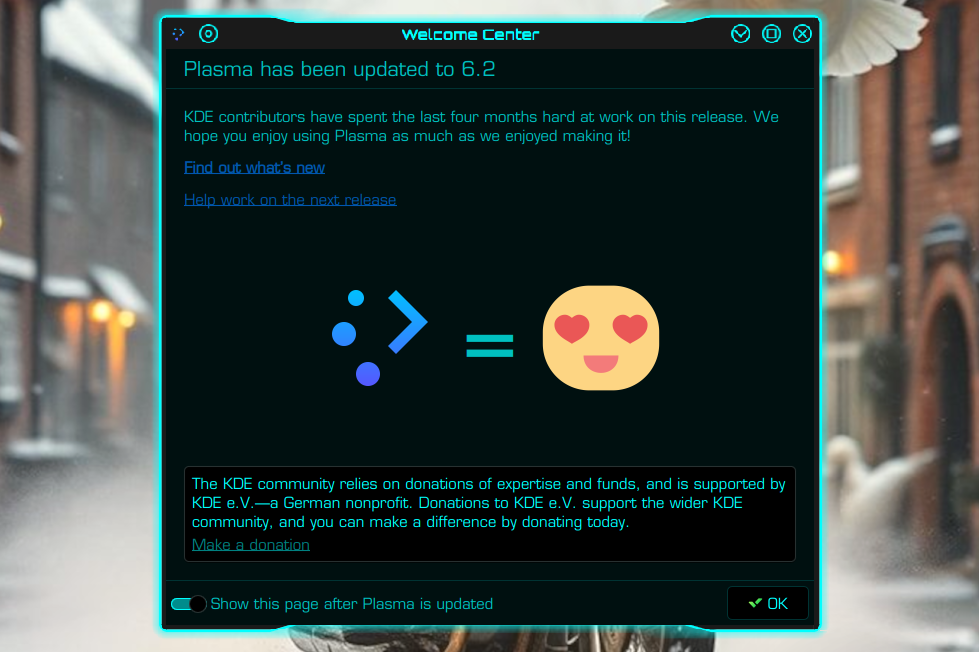
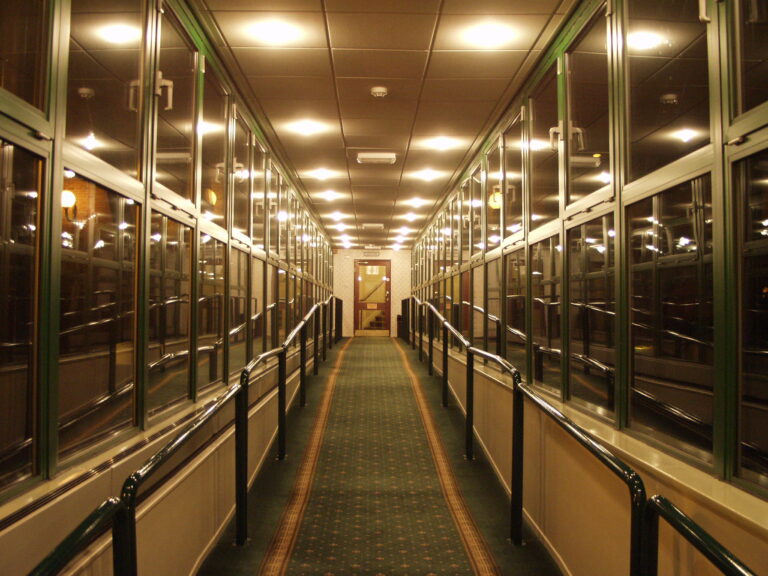
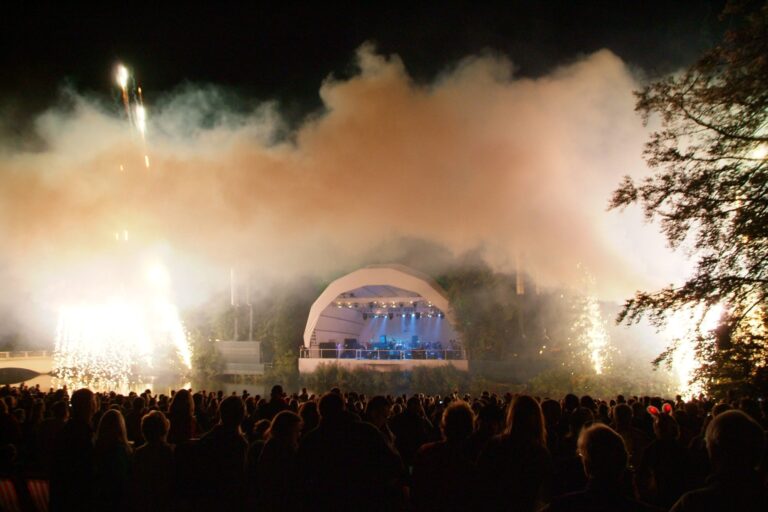
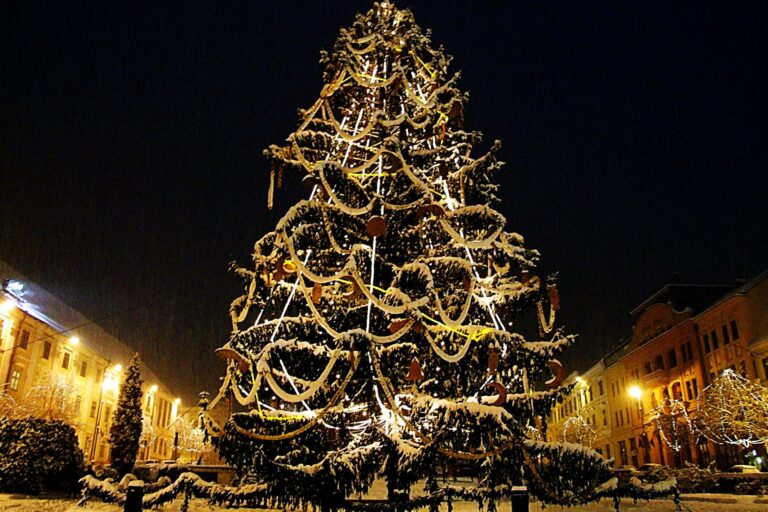

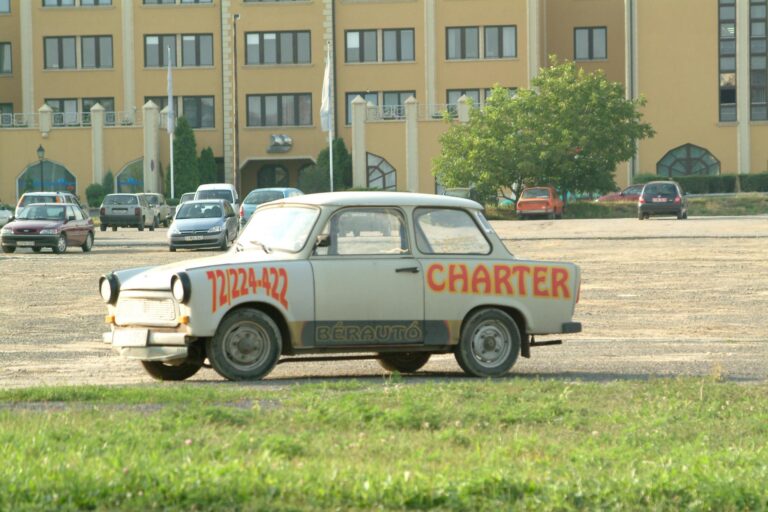
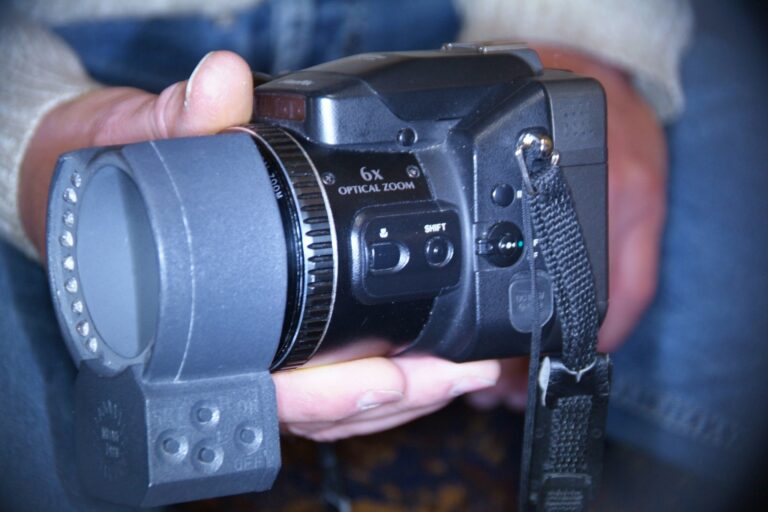
Thanks man, saved me a lot of trouble!
You’re welcome. 🙂
Hey works for me too, THANKS.
Excellent. Thank you for letting me know. 🙂
Not sure I had all the same issues – my main issue was missing icons in task bar which it also fixed, thanks.
Thanks for this. I also had to delete the spectacle desktop file from `~/.local/share/applications` btw
Worked for me too – thanks!
Excellent. 🙂
Thank you Garf !
Solved my problem perfectly.
I had already upgraded two PCs to Debian 13 with KDE without problems, but the third one proved to be a challenge. I couldn’t start any apps in KDE. It just showed an error message:
“Could not read file appstream://com. APPLICATION NAME
Your reinstall tip saved me!
Glad to hear it. Thanks for letting me know. 🙂
Either it was fixed for the final release of Debian trixie, or doing the bookworm -> trixie update in a console (and in “systemd isolate rescue” mode) bypasses the issue altogether (it is also *much* safer than doing it with a lot of stuff running).
Interesting comment, thanks for your input. I suspect (but cannot prove) the issue was fixed. I just upgraded a couple of elderly laptops to Trixie and this issue did not occur in either upgrade.
I cannot comment on upgrading in “systemd isolate rescue” mode because I have no experience of doing so. However, I have observed that the man page for systemctl specifically states that isolate is “dangerous since it will immediately stop processes that are not enabled in the new target, possibly including the graphical environment or terminal you are currently using.”
In any event I always upgrade Debian systems using the command line method recommended by Debian.
No KDE-Apps after Upgrade yesterday. Your tip is still working (and necessary in 13.1).
Thank you so much!
That is interesting to know Ralf. I had assumed that particular issue would have been fixed by now. Anyway, I’m glad to hear it worked out for you in the end. 🙂